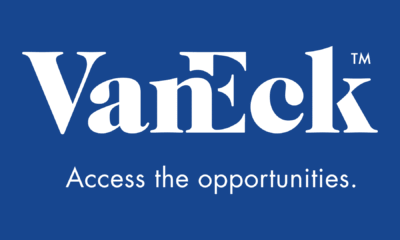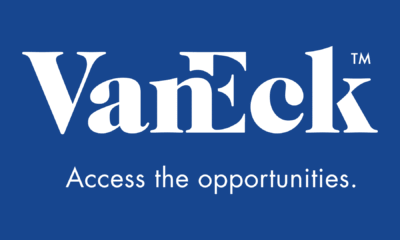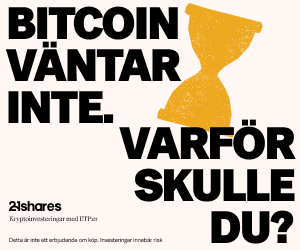Brazil Trip Notes – Slippery Samba
Eric Fine, Portfolio Manager Emerging Markets Fixed Income Investment Team
Eric Fine recently visited Brazil and observed firsthand the intertwined political and economic dynamics that continue to pressure the country’s overall health. As political scandal and credit downgrades make the headlines, the situation in Brazil appears to be worsening. While the long-term ramifications for Brazil remain uncertain, it’s difficult to ignore the precarious stability of the country today.
Brazil’s debt dynamic is deteriorating. Extremely large fiscal deficits are undermining what had heretofore been an anchor. As a result, further rating downgrades are possible and the real seems especially vulnerable.
The country’s economy is still contracting, making its current decline one for the history books. Credit appears virtually frozen at private and state banks and it is hard to see a growth rebound in the foreseeable future.
Politics are mixed. On the positive side, the political party of current President Dilma Rousseff (the PT party) appears unlikely to win the presidential election in 2018, and any moves toward impeachment could bring a positive market scenario forward. On the other hand, 2018 is a long time away and any future government will have to deal with the steadily building burden of higher debts and deficits.
One silver lining is the country’s external accounts. The country is a net external creditor, and the dramatic selloff of the real and the near-depression in the economy are contributing to a low current account deficit. This is not a theoretical positive – the country has been buying back its external debt.
Brazil’s fiscal deficits of roughly 10% of GDP are a profound headwind. Most importantly, if not reversed, we expect this will leave the country with gross public debt of over 80% of GDP by the end of 2017. For comparison, by our calculations, the public debt level at the end of 2014 was just under 60% of GDP. Most of the borrowing to finance these deficits will be in local currency, which we see as a constant source of pressure for the local bond market. The fiscal deficit also keeps upward pressure on inflation and inflation expectations, which further undermines the currency.
Credit is essentially frozen, with private banks in a defensive mode, and state banks constrained by the government’s fiscal situation and high domestic interest rates. One big difference between Brazil today and Brazil during its last major crisis (2002) is that households are now levered, meaning limited upside from domestic consumption. Although non-performing loans (NPLs) aren’t high yet, we believe we are entering a phase where they will begin to be recognized, and defaults on some corporates should be expected.
There are positives and negatives in the political sphere. In the minus column, opposition support for any political reform while President Rousseff is in office is unlikely, for the obvious reason that it would help her party. This matters because indexation of wages and social security benefits are very hard for even the opposition to support, perpetuating the underlying fiscal problem. In the plus column, the PT party is highly likely to be a non-factor in 2018 elections. In our estimation, Brazil’s electorate usually punishes presidents for generating adverse economic outcomes. If President Rousseff is impeached, moreover, this could bring such a scenario forward, though the impeachment process is complicated.
Still, Brazil has more hard-currency reserves than debt, and they use them. They have been buying back dollar debt, so the country’s net creditor status has very practical implications. This makes it difficult for us to have one overarching opinion on Brazil. We find the hard-currency debt of the sovereign and of quasi-sovereign entities such as Petrobras attractive, despite our concerns over local currency and the economy overall.
Please note that the information herein represents the opinion of VanEck and these opinions may change at any time and from time to time.
THIS MATERIAL MAY ONLY BE PROVIDED TO YOU BY VANECK AND IS FOR YOUR PERSONAL USE ONLY AND MUST NOT BE PASSED ON TO THIRD PARTIES WITHOUT THE PRIOR EXPRESS WRITTEN CONSENT OF VANECK. IF YOU HAVE NOT RECEIVED THIS MATERIAL FROM VANECK, YOU ARE HEREBY NOTIFIED THAT YOU HAVE RECEIVED IT FROM A NON-AUTHORIZED SOURCE THAT DID NOT ACT ON BEHALF OF VANECK AND THAT ANY REVIEW, USE, DISSEMINATION, DISCLOSURE, OR COPYING OF THIS MATERIAL IS STRICTLY PROHIBITED.
Information contained in this presentation is for information purposes only and should not be construed as an offer or solicitation for the purchase or sale of any financial instrument, product, or service sponsored by VanEck or its affiliates. This material does not constitute an offer to sell or solicitation to buy any security, including shares of any fund. An offer or solicitation will be made only through the fund’s official offering document and will be subject to the terms and conditions contained therein.
Investments in foreign securities involve a greater degree of risk, including currency fluctuations, economic instability, and political risk. Changes in currency rates and differences in accounting and taxation policies outside the U.S. can raise or lower returns. Investing in emerging markets involves a heightened degree of risk, including smaller sized markets, less liquid markets, and other risks associated with less established legal, regulatory, and business infrastructures to support securities markets. Due to these factors and others, the risks associated with emerging markets could be increased. Bonds and bond funds will decrease in value as interest rates rise.
Please note that the information herein represents the opinion of the author, and these opinions may change at any time and from time to time, and portfolio managers of other investment strategies may take an opposite opinion than those stated herein. Not intended to be a forecast of future events, a guarantee of future results, or investment advice. Current market conditions may not continue.
The information herein reflects prevailing market conditions and our judgments as of the date of this document, which are subject to change. In preparing this document, we have relied upon and assumed, without independent verification, the accuracy and completeness of all information available from public sources. Opinions and estimates may be changed without notice and involve a number of assumptions that may not prove valid. There is no guarantee that any forecasts or opinions in this material will be realized. Past performance is not a guarantee or a reliable indicator of future results. All investments contain risk and may lose value. This information should not be construed as investment advice. This information should not be construed as sales or marketing material or an offer or solicitation for the purchase or sale of any financial instrument, product, or service sponsored by Van Eck Associates Corporation or its affiliates.
© VanEck. All rights reserved. Van Eck Securities Corporation, Distributor, 666 Third Avenue, New York, NY 10017, vaneck.com, 800.826.2333.

 Nyheter3 veckor sedan
Nyheter3 veckor sedan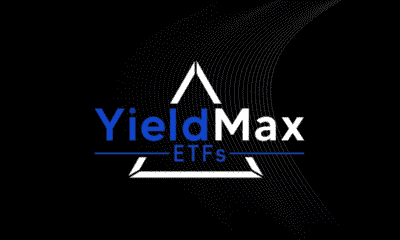
 Nyheter4 veckor sedan
Nyheter4 veckor sedan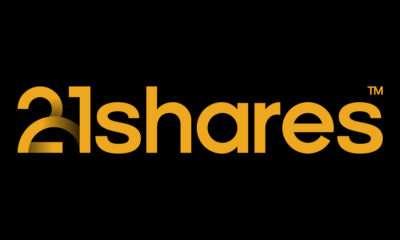
 Nyheter4 veckor sedan
Nyheter4 veckor sedan
 Nyheter4 veckor sedan
Nyheter4 veckor sedan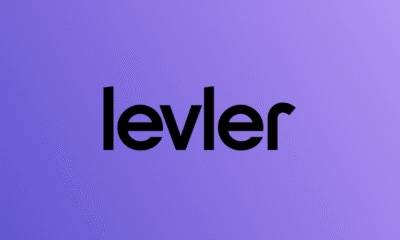
 Nyheter2 veckor sedan
Nyheter2 veckor sedan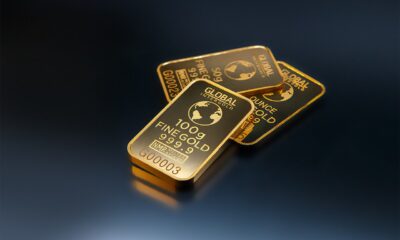
 Nyheter4 veckor sedan
Nyheter4 veckor sedan
 Nyheter4 veckor sedan
Nyheter4 veckor sedan
 Nyheter4 veckor sedan
Nyheter4 veckor sedan






